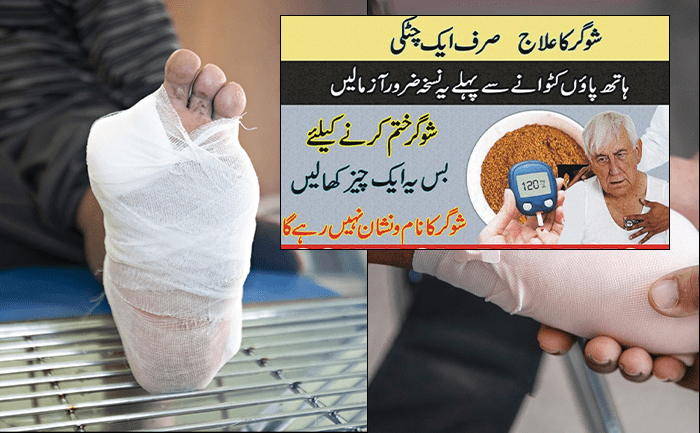Depression is a widespread and serious mental health condition that can affect anyone, regardless of age, gender, or background. Understanding its symptoms and causes is crucial for early recognition and intervention. In this comprehensive guide, we will delve into the key aspects of depression, shedding light on the signs, causes, and how to cope with it effectively.
Introduction
In today’s fast-paced world, depression is a prevalent issue. Recognizing its symptoms and understanding its underlying causes is the first step towards addressing this condition. This article will provide valuable insights and information on depression to empower you or someone you know to seek help and find relief.
What is Depression?
Depression, often referred to as major depressive disorder, is a mental health condition characterized by persistent feelings of sadness, hopelessness, and a lack of interest or pleasure in daily activities. It can affect various aspects of a person’s life, including their emotional, physical, and mental well-being.
Symptoms of Depression
Persistent Sadness: One of the hallmark symptoms of depression is an overwhelming and persistent feeling of sadness that lasts for weeks or months.
Loss of Interest: Individuals with depression often lose interest in activities they once enjoyed, such as hobbies and socializing.
Fatigue and Lack of Energy: Feeling constantly tired and lacking the energy to perform even simple tasks is a common symptom.
Changes in Appetite and Weight: Depression can lead to significant changes in appetite and weight, resulting in either overeating or loss of appetite.
Sleep Disturbances: Insomnia or excessive sleeping are common signs of depression.
Feelings of Worthlessness: Individuals may experience an intense sense of worthlessness or guilt without apparent reason.
Difficulty Concentrating: Concentration and decision-making abilities are often impaired.




Irritability: Irritability and restlessness can be prominent in depressed individuals.
Physical Aches and Pains: Unexplained physical ailments and aches are frequent complaints.
Thoughts of Death or Suicide: In severe cases, depression can lead to thoughts of death or suicide.
Causes of Depression
Depression is a complex condition influenced by a combination of genetic, biological, environmental, and psychological factors. Understanding these causes can help individuals and their loved ones make sense of the condition.
Genetic Predisposition: Family history can play a significant role, as depression tends to run in families.
Chemical Imbalance: An imbalance in brain chemicals, such as serotonin and dopamine, can contribute to depression.
Traumatic Life Events: Experiencing trauma, loss, or abuse can trigger depression.
Chronic Illness: Suffering from a chronic medical condition can increase the risk of depression.
Substance Abuse: Alcohol or drug abuse can exacerbate or lead to depression.
Social Isolation: Loneliness and lack of a strong support system can contribute to depressive feelings.
Hormonal Changes: Hormonal fluctuations, such as those during pregnancy or menopause, can lead to depression.
Personality and Coping Style: Certain personality traits and poor coping mechanisms can make individuals more vulnerable to depression.
Coping with Depression
Dealing with depression requires a multi-faceted approach. It’s essential to seek professional help and support from friends and family. Treatment options may include therapy, medication, and lifestyle changes. Remember, you are not alone, and there is help available.
FAQs
Q: Can depression be cured completely?
A: Depression can often be effectively managed and treated, but it may not be completely cured in all cases. It’s essential to seek professional help for an accurate diagnosis and appropriate treatment.
Q: Is depression the same as feeling sad?
A: No, depression is more than just feeling sad. It involves persistent and severe symptoms that impact daily life, while sadness is a natural emotion we all experience.
Q: How can I help a loved one with depression?
A: Offer your support, encourage them to seek professional help, and be patient and understanding. Your support can make a significant difference.
Q: Are there alternative treatments for depression?
A: Some individuals find relief through alternative therapies like acupuncture, yoga, or dietary changes, but these should be used in conjunction with traditional treatments, not as replacements.
Q: Can children and teenagers experience depression?
A: Yes, depression can affect people of all ages, including children and teenagers. It’s crucial to be aware of the signs in young individuals and seek appropriate help.
Q: What should I do if I have thoughts of suicide?
A: If you or someone you know is experiencing thoughts of suicide, seek immediate help from a mental health professional or a helpline such as the National Suicide Prevention Lifeline.
Conclusion
Understanding the symptoms and causes of depression is a crucial step in managing this challenging condition. By recognizing the signs, seeking help, and providing support to those in need, we can make strides in reducing the impact of depression on individuals and communities. Remember, there is hope, and you don’t have to face depression alone.




